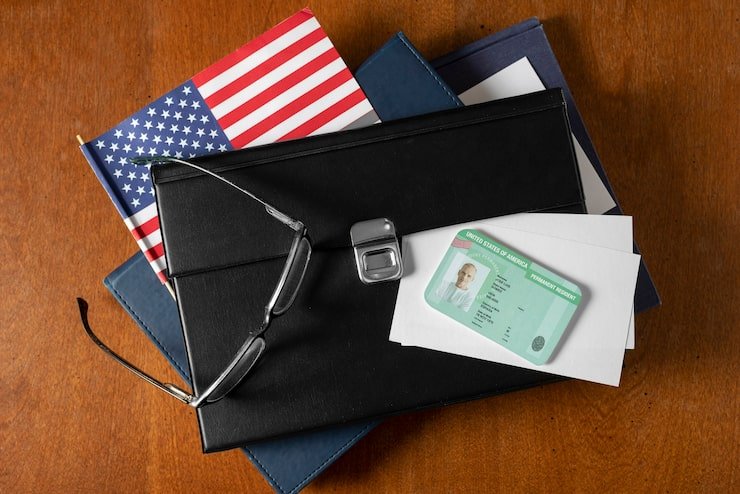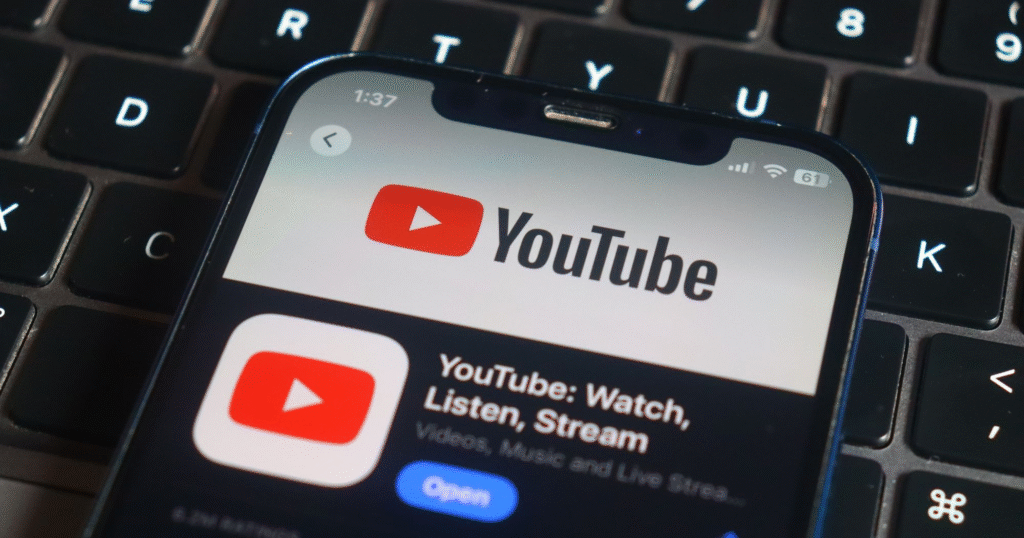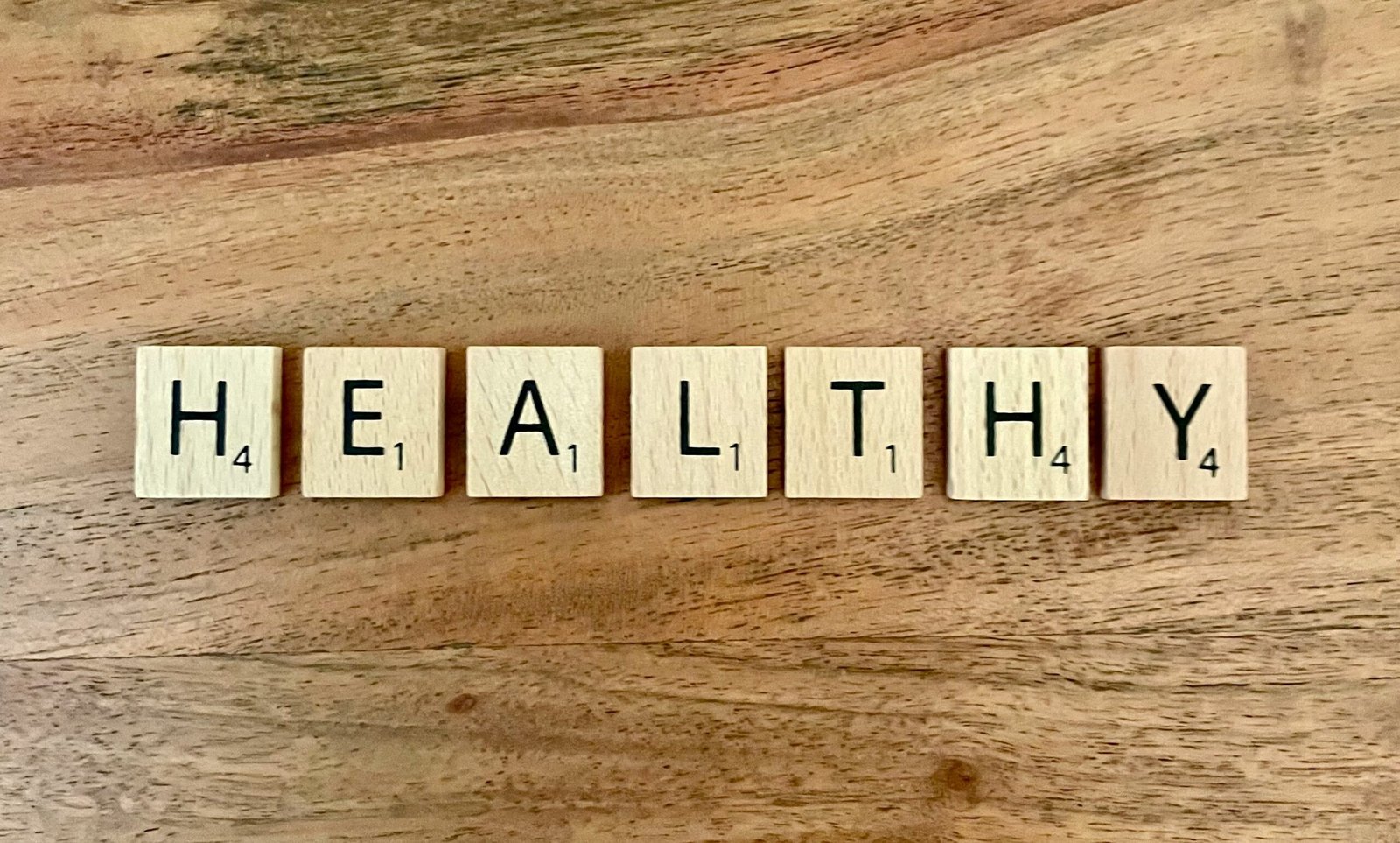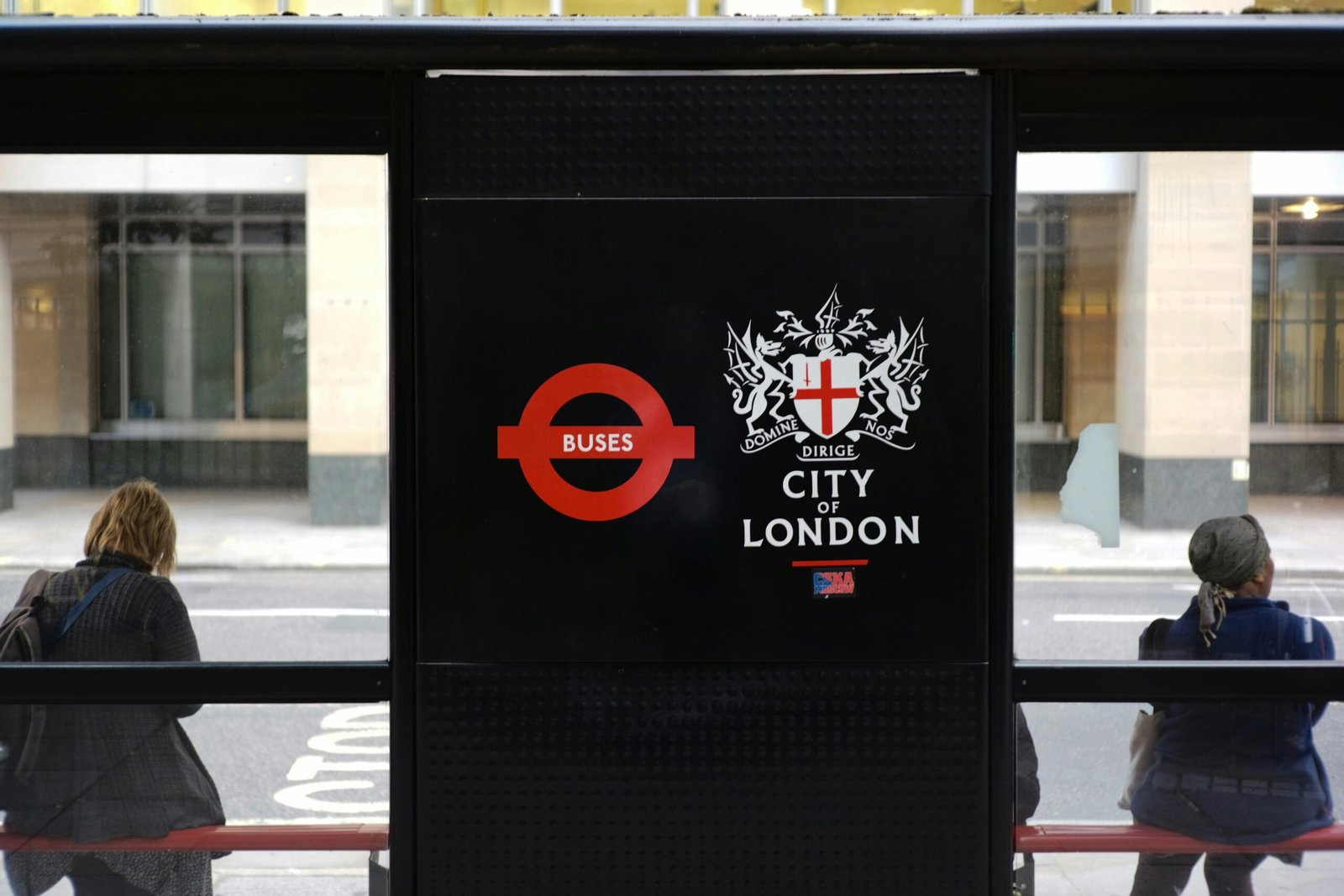Introduction
This is now a prominent public issue in America, in relation to mental-health awareness. There have been campaigns around depression, anxiety, PTSD and suicide prevention. But men’s mental health remains under-discussed, under-supported and underfunded. That’s where Men’s Mental Health Month comes in — a moment to shed light on this silent crisis and demand action to do something about it.
June is also that crucial month of awareness. So when exactly does Men’s Mental Health Month get it’s due? Is it enough that we are doing? And what can families, associations or people do to help men on a road toward emotional well-being?
In this guide we’ll help you understand why Men’s Mental Health Awareness Month should matter, dissect why men often suffer in silence, and provide actionable steps that could make a difference — and may even save — a life.
Men’s Mental Health Month Dates When is Men’s Mental Health Month?
Men’s Mental Health Month is celebrated every June in the US. That honors falls in the same month as Men’s Health Month, which educates about physical heath concerns such as for men heart disease and prostate cancer. But mental health is a central and pressing dimension of that larger struggle.
While Movember in November is still another chance to shine a spotlight on issues such as suicide, and testicular cancer, June Men’s Mental Health Month is all about emotional well-being, stress, depression, and mental resilience.
Supporting Keyword Integration:
- When is men’s mental health month? It’s officially recognized in June.
- Yes, June is Men’s Mental Health Month, even if the awareness is still nascent.
- Why Men’s Mental Health Month Is Important Introduction and Opening Thoughts I challenge anyone to scour the internet and not find a site dedicated to some aspect of wellbeing in men.
- Mental health problems impact us all, but for men the burden is unique and, often, silent.
Sobering Statistics:
- In America, men constitute almost 80% of all suicides.
- 1 in 10 men have depression or anxiety — and most make no effort to get help.
- Men are less likely than women to seek mental health care, according to Mental Health America.
There is no biological reason to believe men should seek help less. A big part of the answer is simply culture, including stigma around certain sex acts, antiquated ideas around gender roles and other, overlapping fears around judgment.
The Cultural Barriers to Men’s Mental Health
Toxic Masculinity
“Be tough.” “Man up.” “Don’t cry.” American boys are told this starting at a very early age. These attitudes are dangerous, because they discourage sharing one’s feelings and cause damaged to a young person’s psyche.
Fear of Being Seen as Weak
Too many men don’t seek therapy or talk about their feelings for fear of seeming “soft” or “broken.” This fear is particularly potent in work settings, where mental health is still a taboo subject.
Misdiagnosis or No Diagnosis
Men tend not to experience sadness when they’re depressed; they often feel it as irritability, anger or numbness. Thus, they get the wrong diagnosis or are not taken seriously. Anxious feelings can get buried behind overworking or using substances.
What’s Happening in June: Major Themes of Men’s Mental Health Awareness Month
Men’s Mental Health Awareness Month is more than a social media campaign. It’s a nationwide call to:
- Break the silence
- Educate families and workplaces
- Promote professional help
- Create support networks
Here’s what you will get (or not) during the June Men’s Mental Health Month:
- Mental health screening events
- Webinars with therapists and advocates
- School plans on model mental wellbeing
- Public service announcements
- Men on platforms sharing experiences
- All of this work helps break the silence that leaves struggling men isolated.
The High Price of Going Silent
Silence can be deadly. That’s not an exaggeration. Untreated depression, unhealed trauma, and suppressed stress can result in substance abuse, fractured relationships, chronic disease, and even death by suicide.
These are some of the groups hardest hit:
- Veterans, dealing with PTSD and numbness
- Confused, young adult men had cis-straight porn BrewingMENT, RJYESUNE/imagents So much influence.
- Middle-aged men existing in uninspiring routines or feeling financial pressure
- Men of color, who encounter an extra layer or racial stigma, poverty and lack of access to care
- The longer we put off these discussions, the more men we lose to preventable mental health tragedies.
How to Join Men’s Mental Health Month
Have Honest Conversations
And sometimes the most useful thing you can say is ’”What are you really feeling?” — and prepare to listen without judgment.
Share Resources
Refer friends, colleagues and family members to hotlines, therapists, or support groups.
Support Local Events
Throughout June, many communities feature free workshops, walks and virtual panels to celebrate men’s mental health.
Use Your Platform
If you’re a teacher, business owner, coach or content creator — use your voice to help demystify male emotional pain.
We are More Aware Having experienced what we have, we can now truly share with others who are also in the dark.
If the man in your life seems disconnected, do not take it for granted that he is “fine.” Make space for real talk.
Article 7: Gender Role Attitudes, And Depressive Symptoms Among Men The Influence Of Workplace And Family Experiences.
Men’s work places are one of their primary stressors — and one of the greatest opportunities for the support of good mental health.
What Employers Can Do:
- Provide confidential access to therapists or EAPs
- Train managers to recognize indicators that a worker is mentally struggling
- Promote flexible work schedules
- Stop male shaming for mental health days
Men need emotional support and they shouldn’t be embarrassed about it — in the boardroom or on the construction site.
Special Section: Mental Health in Men of Color
Men of color, particularly Black, Latino and Native and Indigenous men, frequently contend with higher discrimination, unemployment and trauma. They are also less likely to trust the medical system because of past mistreatment.
Solutions:
- Culturally competent therapy services
- More therapists from minority backgrounds
- Community outreach and education programs
- Your spaces to talk safely (in person and online)
Men’s Mental Health Awareness Month is a great opportunity for that to change and for us all to embrace solutions that are inclusive and customized.
Technology and Mental Health: Today’s Apps for Men
If traditional therapy sounds intimidating, there are plenty of apps and websites tailored to men:
- Headspace: Meditation and breathing exercises
- ManTherapy. org: Mental Health tips, self-assessments and videos from “Dr. Rich Mahogany.”
- Calm: Meditation to relax and sleep better
- Talkspace: Therapy that’s there whenever you need it (mobile)
- HeadsUpGuys. org: Male depression support tools
These offerings meet men where they are — on their phones — and extend an invitation to mental wellness without judgment.
5 Frequently Asked Questions About Men’s Mental Health Month
When is Men’s Mental Health Month?
It is held in June in the USA. It is in conjunction with Men’s Health Month and there will be specific emphasis on addressing mental health.
What’s the distinction between June and Movember?
Movember’s cause (November) is Prostate/Testicular Cancer and Suicide Awareness. Men’s Mental Health Focus of June The Men’s Health Awareness Month Club brings attention to emotional well-being challenges, stigma and access to care.
Why don’t men discuss their mental health?
Because of cultural indoctrination, fear of appearing weak, or an inability to access support. Men’s Mental Health Awareness Month is a start in breaking these patterns.
How can I help a man in crisis?
Be available. And listen without any attempt to “fix” things. Offer resources and your support. Validate their feelings.
Are mental health issues unique for men?
Yes. While illnesses such as depression or anxiety impact all genders, men may express these conditions differently — through anger, isolation, or substance use.
Conclusion: We Need to Normalize Men’s Mental Health
What do you mean June is Men’s Mental Health Month? Yes — and it’s high time we took it seriously. Pain limits too many men in the U.S. and so many don’t have words for it. They have been told to hold it in, to show strength, or pretend everything is O.K. But strength is not silence. The real strength is asking for help, checking on your brothers and fostering a culture where emotions are welcome.
You can be part of the change whether you’re a parent, a coach, an employer or a friend. June Men Men’s Mental Health Month should be a reminder that men matter, too — not only physically, but also mentally and emotionally. And not just this month, but all days.











